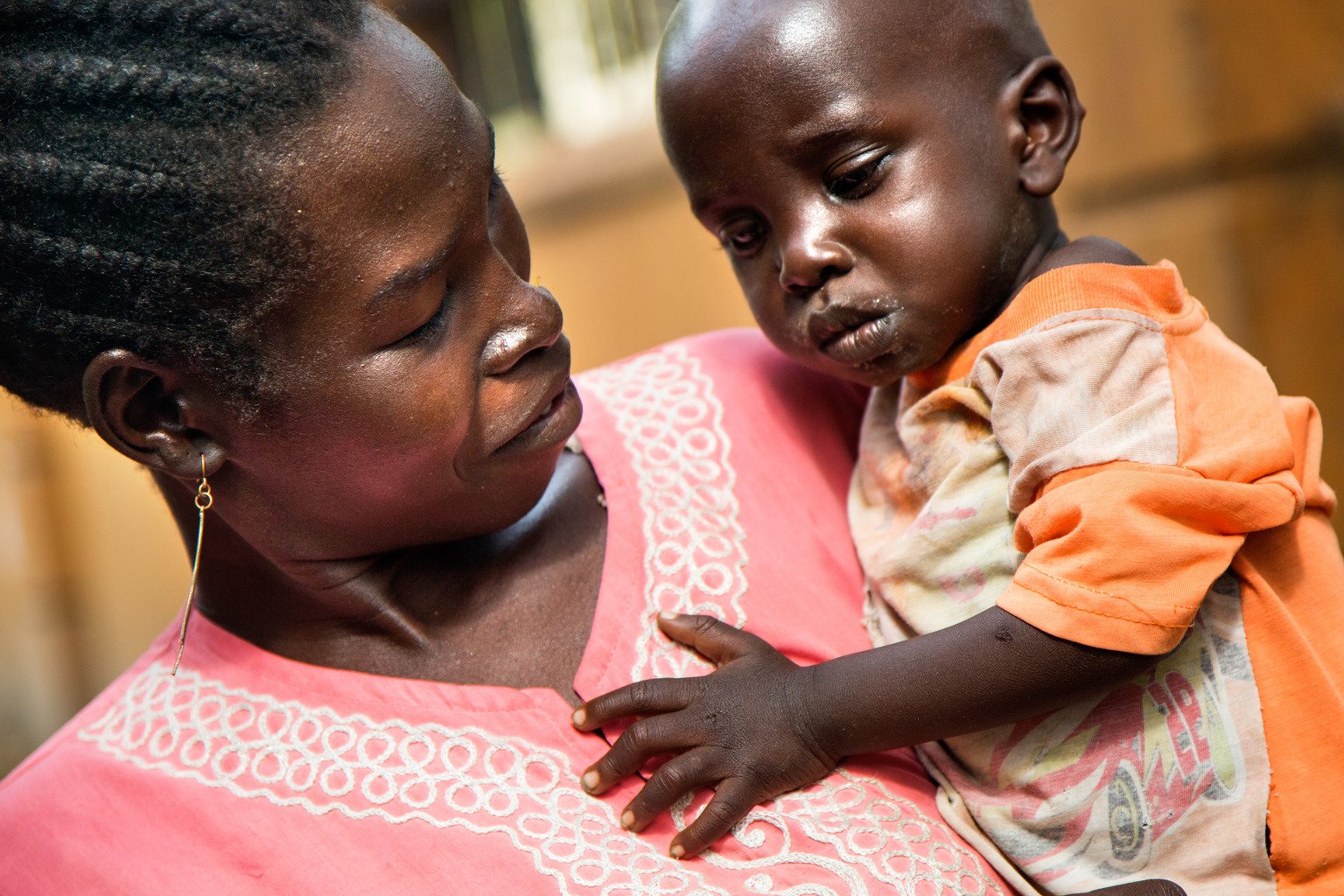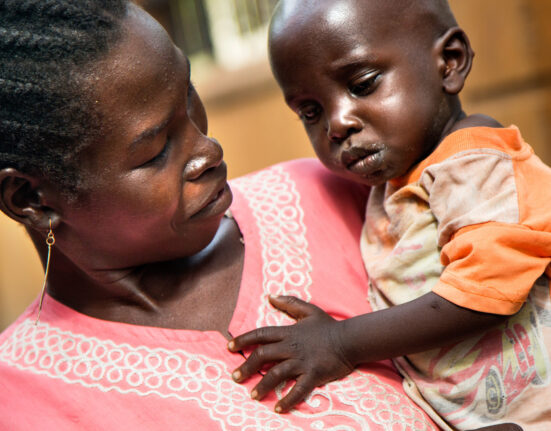The United Nations World Food Programme (WFP) is facing a critical challenge in Sudan as the country grapples with the looming threat of famine. The WFP has been tirelessly working to deliver vital food assistance to communities affected by conflict in Sudan, particularly those in Khartoum.
Laurent Bukera, the WFP Country Director in Sudan, emphasized the pressing need for continued support, stating,
“Over the past six months, WFP scaled up assistance and we are now reaching nearly one million Sudanese in Khartoum with food and nutrition support.”
Despite these efforts, there is still a significant risk of famine in several regions of the country.
The situation on the ground remains dire, with many neighborhoods resembling ghost towns due to abandonment and extensive damage. Mr. Bukera highlighted the challenges faced by frontline communities caught in the crossfire between armed forces and paramilitary groups. These communities are at a breaking point and struggling to provide for displaced families.
The funding shortfall poses a major obstacle to addressing immediate food needs and supporting recovery efforts in Sudan. Mr. Bukera stressed,
“The international community must act now by stepping up funding to stop famine … and to invest in Sudan’s recovery.”
This financial gap hampers the delivery of essential aid such as food rations and cash assistance.
In addition to conflict-related challenges, Sudan is grappling with deteriorating infrastructure that has left many communities without basic services like clean water. The recent cholera outbreak exacerbated by heavy rains further compounds the humanitarian crisis. Displacement due to war continues to strain resources and increase demand for aid across various parts of Sudan.
Despite facing obstacles, including funding shortages that have forced reductions in relief distributions, WFP has significantly expanded its reach across Sudan. The agency now supports four million people monthly—a fourfold increase compared to early 2024—by providing not just food aid but also cash assistance to stimulate local economies.
Mr. Bukera reaffirmed their commitment:
“We have rapidly scaled up our operation … prioritizing those facing famine or other areas at extreme risk.”
The goal is clear—to sustain this critical lifeline for millions of vulnerable individuals throughout Sudan.
As experts warn of worsening conditions that could push more families into hunger and deprivation, urgent action is needed from both national authorities and international partners to prevent a humanitarian catastrophe from unfolding in Sudan.









Leave feedback about this